The condensed matter group is mainly involved in studies on quantum matter. This includes modelling of materials, ab-initio computations, also study in strongly correlated and mesoscopic systems.

The work at HRI is mainly on Mott systems, inhomogeneous order in superconductors, magnetism, and
other cooperative
states in correlated matter. We also work on developing alternate approaches, both analytical and
numerical, to the many
body problem.
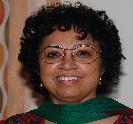
The current focus is on quantum wires and edge states, topological states of matter includingWeyl semi-metals, quantum Hall states and interferometry, Majorana fermions and non-abelian states. Newer analogs of graphene like silicene and Kitaev-like models leading to spinliquids are also being studied.
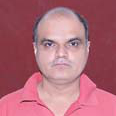
Currently we are studying topological excitations arising in spin-spce Entangled liquids using
recently developed
Quantum Non-Abelian Hydrodynamics description of generic "SO Hamiltonians" which goes beyond the
adiabatic approximations.
In this approach both fermionic and bosonic non-abelian topological excitations occurs which are
closely related to
non-unitarity of scattering matrix in spin space.
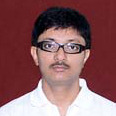
Our current focus is on two different systems. We are studying clusters deposited on substrates. Understanding cluster properties on the substrate supports is important for many applications including catalysis, magnetic storage, chemical sensor etc. We are also studying the newly synthesized 2D material phosphorene. Phosphorene overcomes many of the drawbacks that make graphene unsuitable for application in the FET channel. We are trying to understand properties of phosphorene nano-ribbons, and metal-phosphorene interfaces.
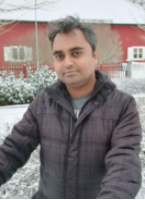
Our research thrust in MATES Lab is mainly revolving around computational material science which can be called as computational chemistry with chemistry perspective or computational physics with physics perspective. In a gross view actuall it's dealing with the different properties of materials in nano regime. Development of DFT code as well as it's implementation towards different properties of nano field is one of our prime motivations.
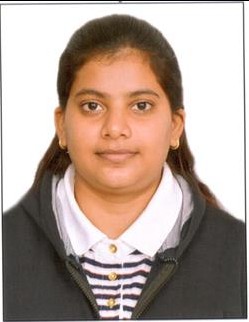
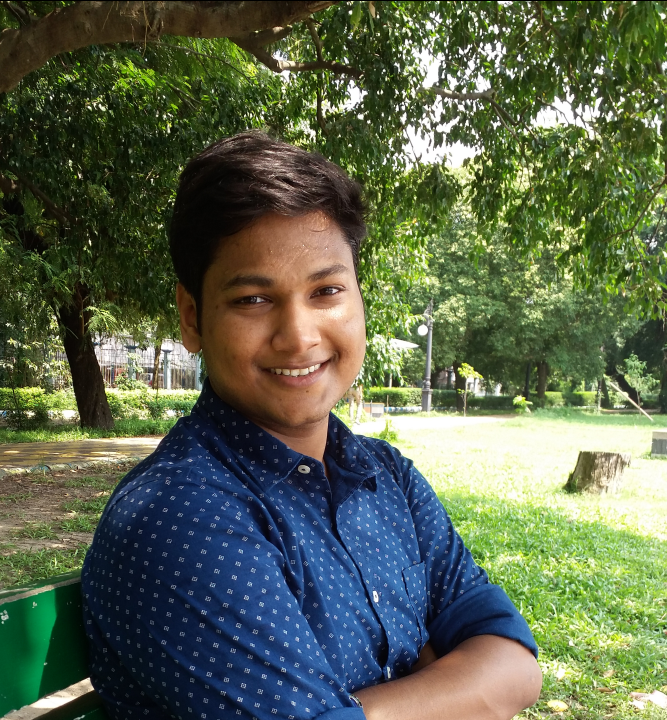
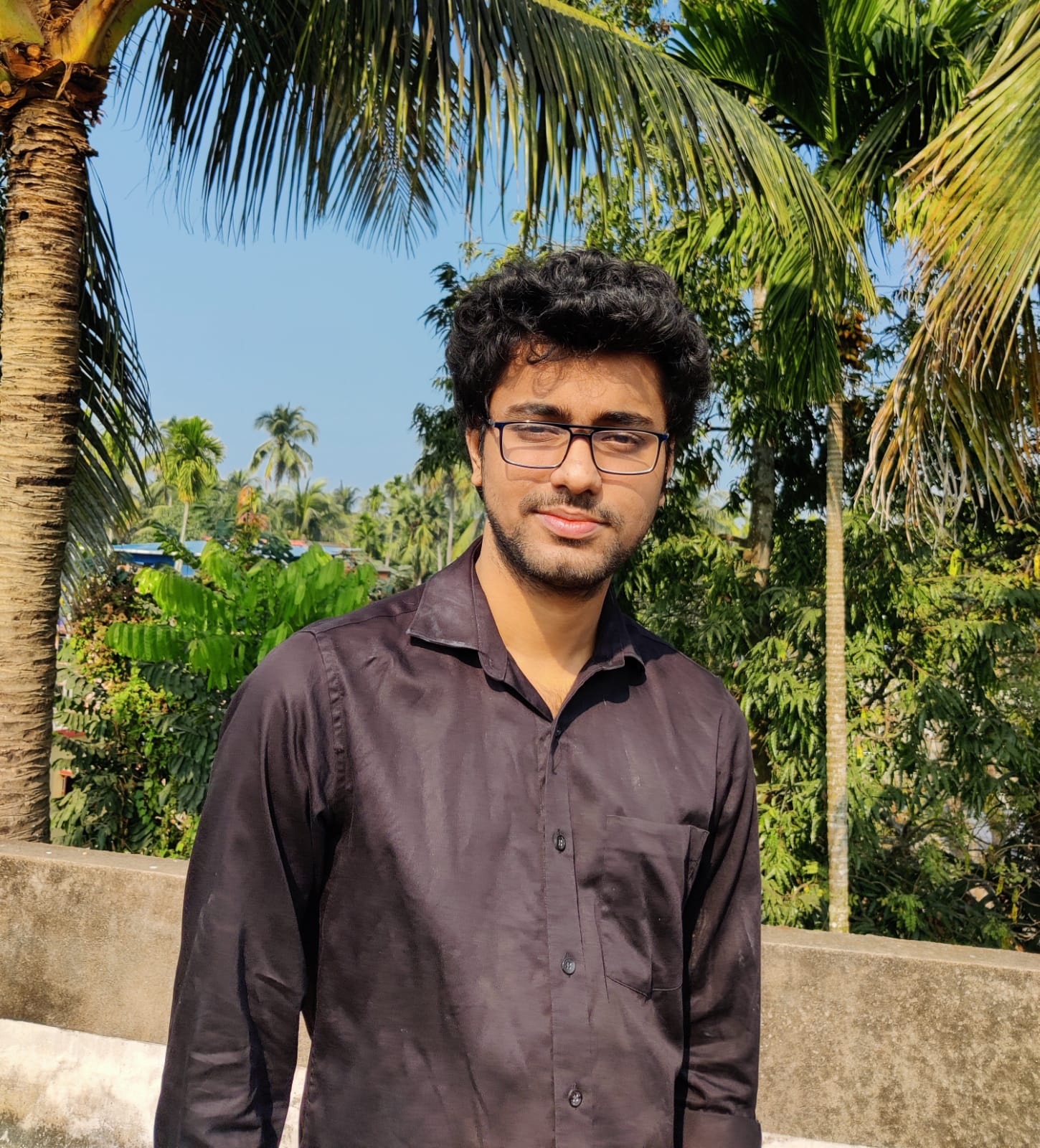

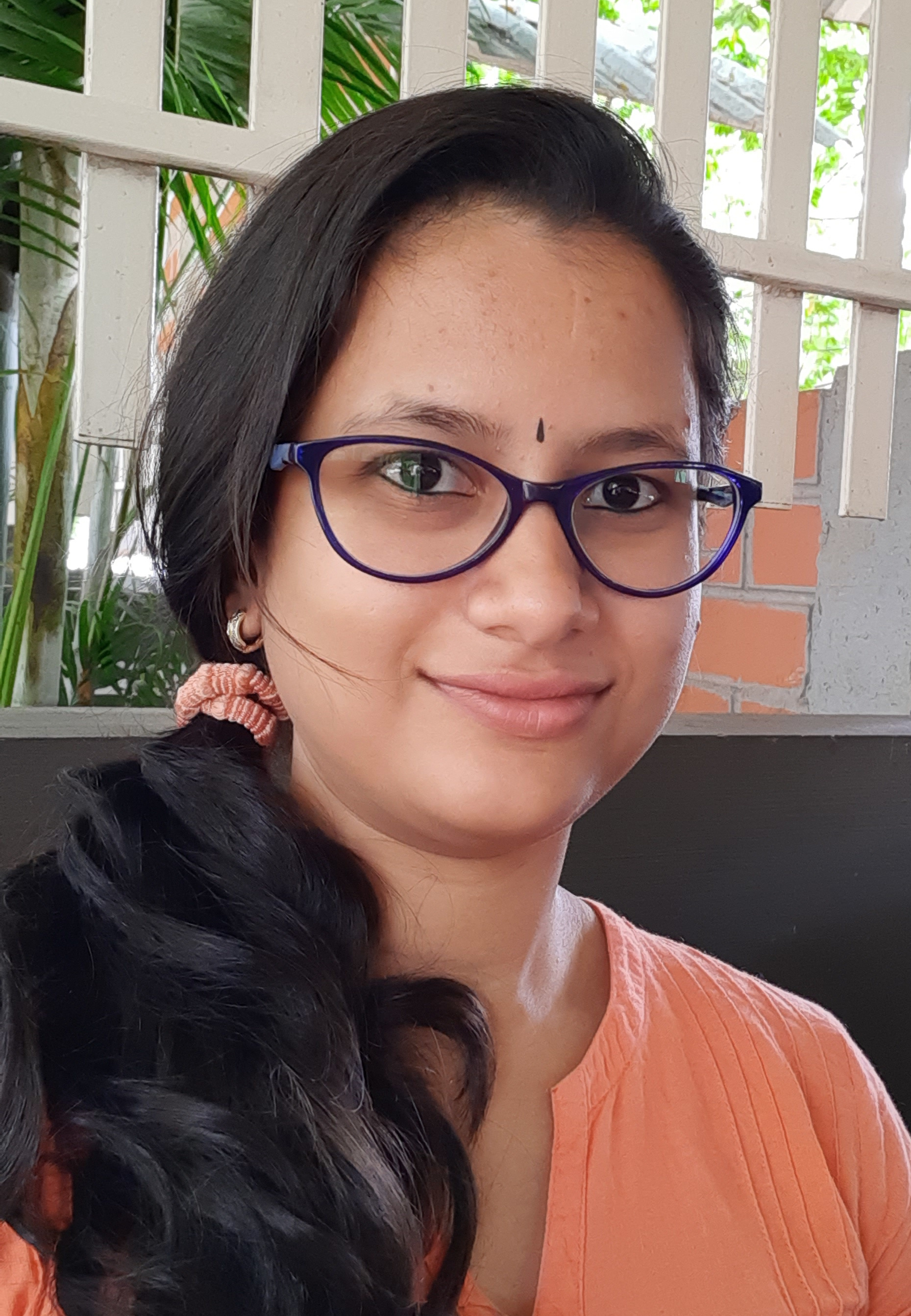
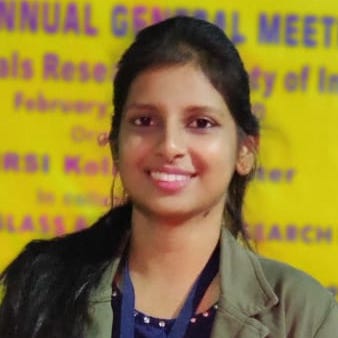
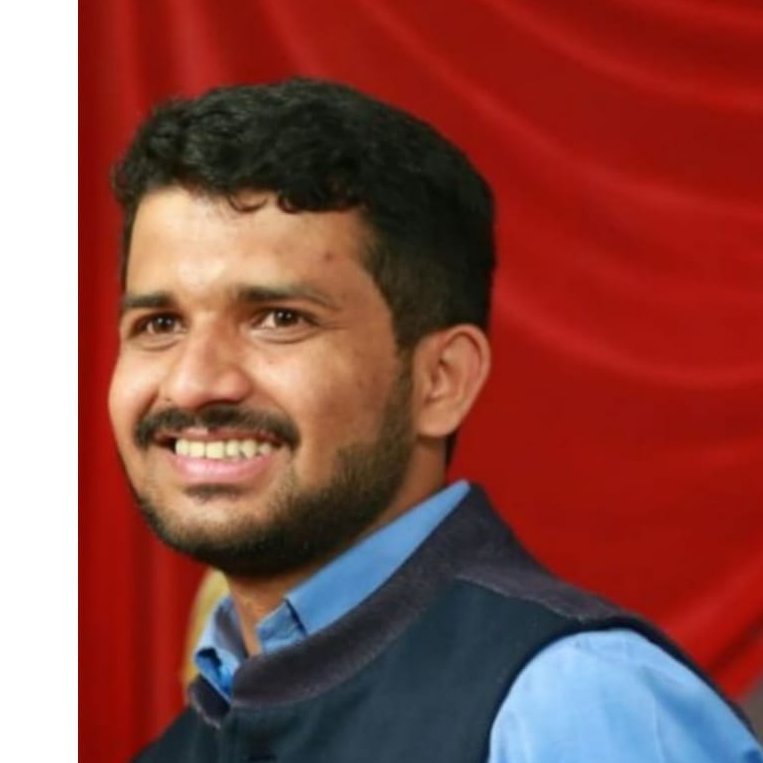
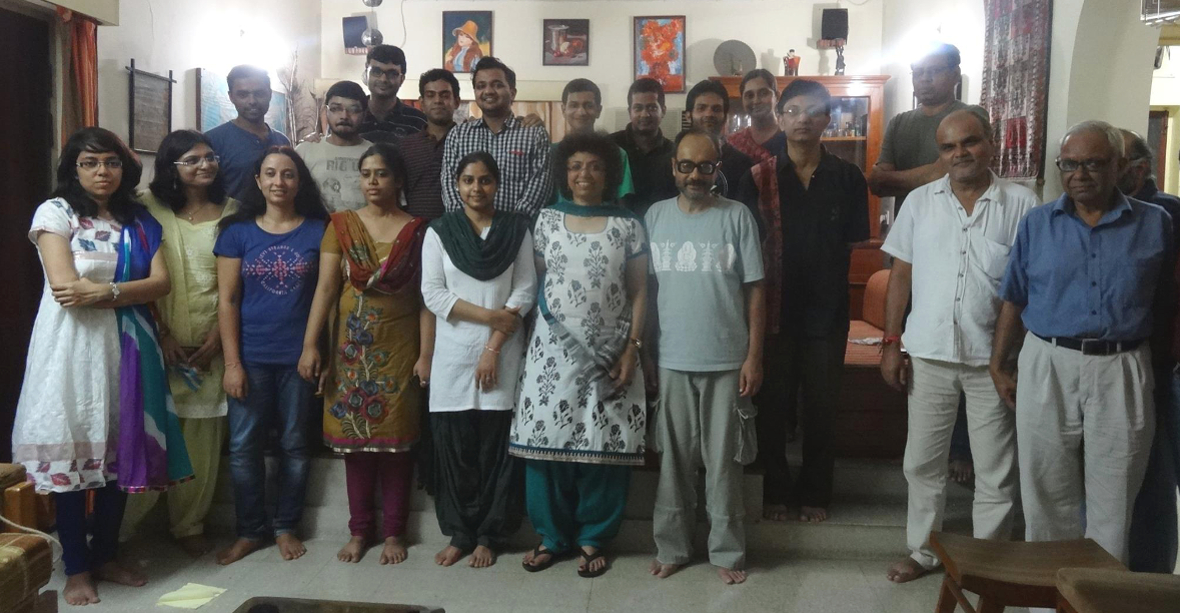
Secretary, Condensed Matter Group
Harish-Chandra Research InstituteChhatnag Road, JhunsiAllahabad,
India-211019
+91-532-227-4348
+91-532-256-7748
condmat@hri.res.in